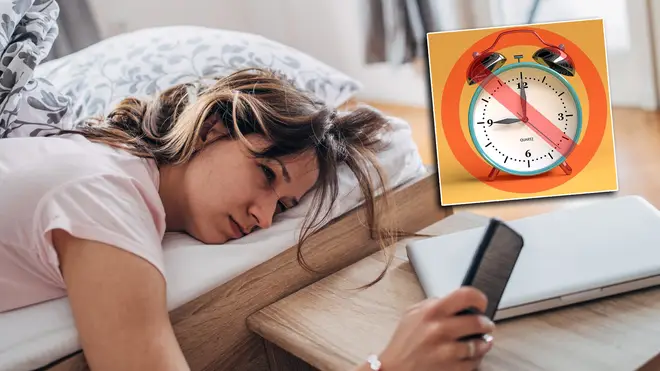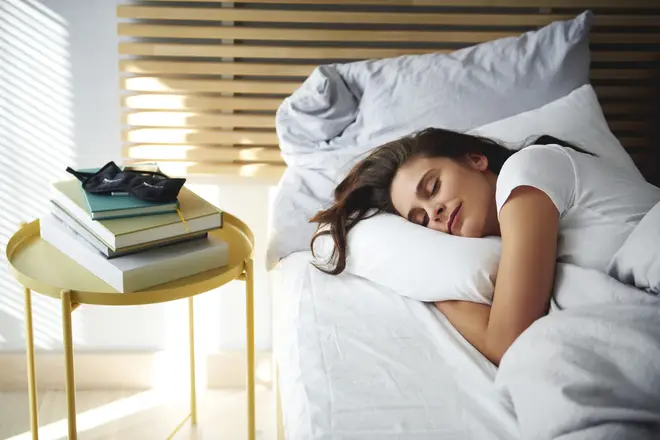Scientists confirm 9am starts are bad for Brits' health - we aren't designed to get up until 7.55am
24 November 2019, 11:37 | Updated: 24 November 2019, 11:39

A study has unveiled that the nation's natural wake-up time is nearly 8am and that early alarms can have a long-term impact on our health and productivity.
This explains a lot.
Research has uncovered that the average Brit naturally wakes up at 7.55am based on their genetics. This means that the majority of working Brits who start work at 9am are missing out on what could be REM sleep. With a typical commute time of one hour, it means that if workers wanted to get up at what is the nation's natural wake-up time, there simply wouldn't be enough time to get ready and out the door and into work for 9am.

In fact, consumer genetic company, 23andMe found that the only generation with a genetic wake time compatible with the 9-5 day are, or those soon to-be, retired - aged 60 plus - who naturally rise at 6.54am.
This means that those early alarms and waking up in what could be the wrong sleep cycle can have an impact health and productivity in the workplace. Dr Neil Stanley argues that people are at risk of minimising their chances of waking up in REM sleep - the optimal physiological state to transition from sleep to waking with an early wake-up time.
The research perhaps suggest that workplaces need to adopt a more flexible working pattern, which could have benefits for them in the long run.
Further research concluded that those in their 50s genetically wake up at 7.22am, those in their 40s at 7.50am, 30s at 8.19am and 20s, 8.47am, suggesting the younger you are, the more sleep you need.
The research was conducted by calculating a person's average wake time by performing a GWAS (genome wide association study) on a global survey asking over 526,000 participants whether or not they were a 'morning person' or 'night owl'.
This then identified 450 variants associated with being a morning person or night person, which was then used in conjunction with age and sex data in a separate sample of 70,000 participants. The results built a statistical model to predict a participant's average wake-up time on non-workdays, based on a separate survey question. This was as follows: 'On a typical non-workday during the past 6 weeks, when you were able to wake up on your own, at what time did you wake up? This is the time at which you open your eyes and wake up before getting out of bed, as opposed to the time at which you actually get out of bed.'






























